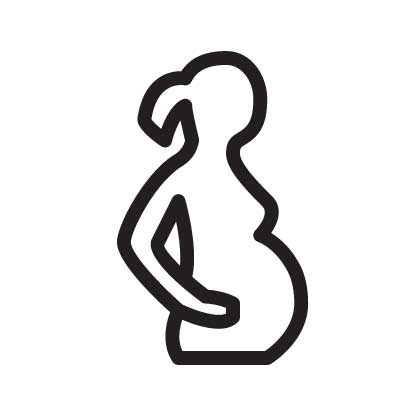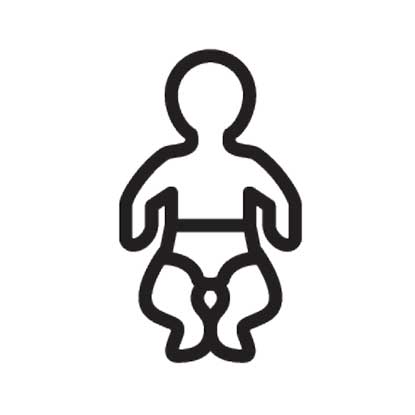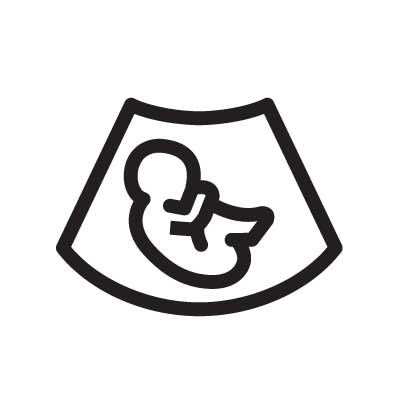Prenatal Screening
During your pregnancy, you have the opportunity to opt for prenatal testing. This test offers the possibility to detect any chromosomal abnormalities or physical abnormalities in your unborn child. As soon as you have registered with our practice, you will receive an email with extensive information on this subject, if desired.
It is very important to read this information carefully before we schedule an appointment. During this first meeting, we will take the time to discuss everything in detail and answer all your questions. Prenatal testing not only provides insight into the health of your child, but also helps you to make well-considered choices during your pregnancy. Our expert midwives are ready to guide and support you in this important process, so that you can take the next steps with confidence. Feel free to contact us for more information or to make an appointment.

Help in making a choice
Blood examination
During pregnancy, blood will be drawn twice. Your blood group and rhesus factor will be determined. It will be checked whether there are certain antibodies in your blood that could harm your baby. Your blood will also be tested for a number of infectious diseases; Lues (Syphilis), Hepatitis B and HIV. These infectious diseases can be treated during pregnancy, which minimizes the chance of transmission to a baby. Finally, your iron levels will be determined. Your sugar levels will also be checked if indicated. If necessary, blood tests will be performed more often. You can find a detailed explanation of the various blood tests in the folder ‘Pregnant’. We would be happy to provide you with further explanation and if you have any objections to any of the research, you can indicate this and we will discuss it with you.
https://www.pns.nl/en/multiple-languages/english/blood-tests
NIPT
The NIPT (Noninvasive prenatal testing ) is a test in which blood is taken from the pregnant woman and examined. The laboratory examines the DNA in the blood for chromosomal abnormalities in an unborn baby.
If you opt to have the NIPT, your blood will be tested for chromosomal abnormalities that could have serious consequences for the child’s health, such as Down syndrome. Your blood contains DNA that comes from the placenta and DNA that comes from the mother. The DNA from the placenta is almost always the same as the DNA of the baby. You can have the NIPT done after the term ultrasound and from 10 weeks of pregnancy. The test is not mandatory. You can decide for yourself whether you want to take part in it and what you would like to do with the results. You can also stop participating at any time during the study.
Participation in prenatal screening is free of charge; it is paid for by the government.
https://www.pns.nl/en/multiple-languages/english/nipt-and-13-and-20-week-scans
Between 12+3 and 14+3: 13 week anomaly scan
In the 13-week scan, a sonographer uses an ultrasound machine to check if the unborn child has any physical abnormalities. The sonographer also checks how much amniotic fluid is present and how the unborn child is growing.
You can find more information about this ultrasound in the brochure ‘The 13-week ultrasound and the 20-week ultrasound’.
The 13-week ultrasound is part of a scientific study: the IMITAS studie. This study investigates the advantages and disadvantages of the 13-week ultrasound. Having the 13-week ultrasound scan done means that your data may be used for the IMITAS study.
Because the 13-week ultrasound scan is part of the IMITAS study, it is fully reimbursed. You can decide for yourself whether you want to take part in this test.
This ultrasound takes place in our practice at location Stroomz de Ring International done by PNS de Meierij https://www.pnsdemeierij.nl/
Between 19+0 and 20+0 weeks: 20 week anomaly scan
In the 20-week scan, a sonographer uses an ultrasound machine to check if the unborn child has any physical abnormalities. The sonographer also checks how much amniotic fluid is present and how the unborn child is growing.
You can find more information about this ultrasound in the brochure ‘The 13-week ultrasound and the 20-week ultrasound’. You can decide for yourself whether you want to take part in this test.
Participation in prenatal screening is free of charge; it is paid for by the government.
This ultrasound takes place in our practice at location Stroomz de Ring International done by PNS de Meierij https://www.pnsdemeierij.nl/






